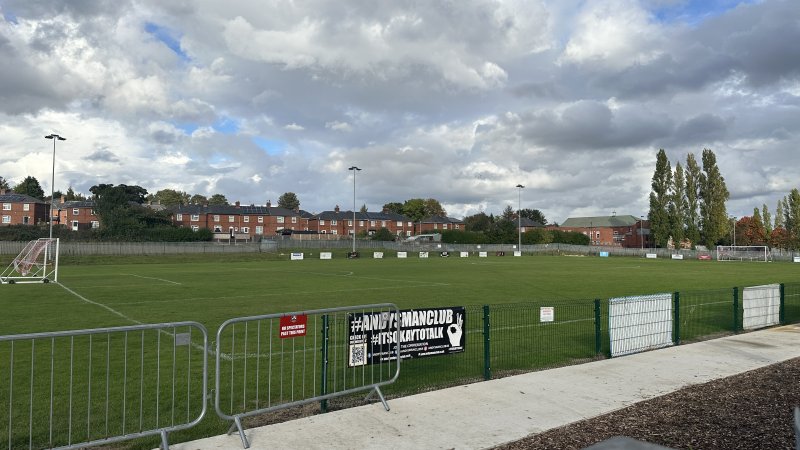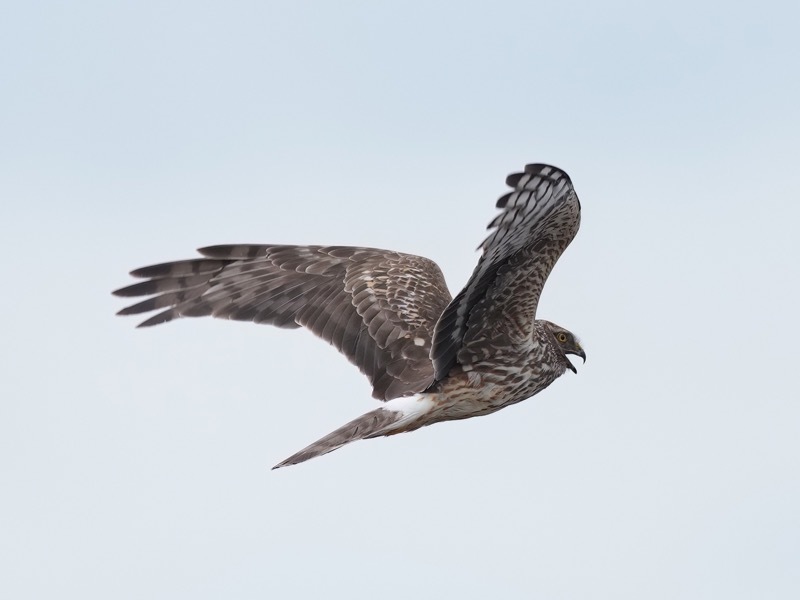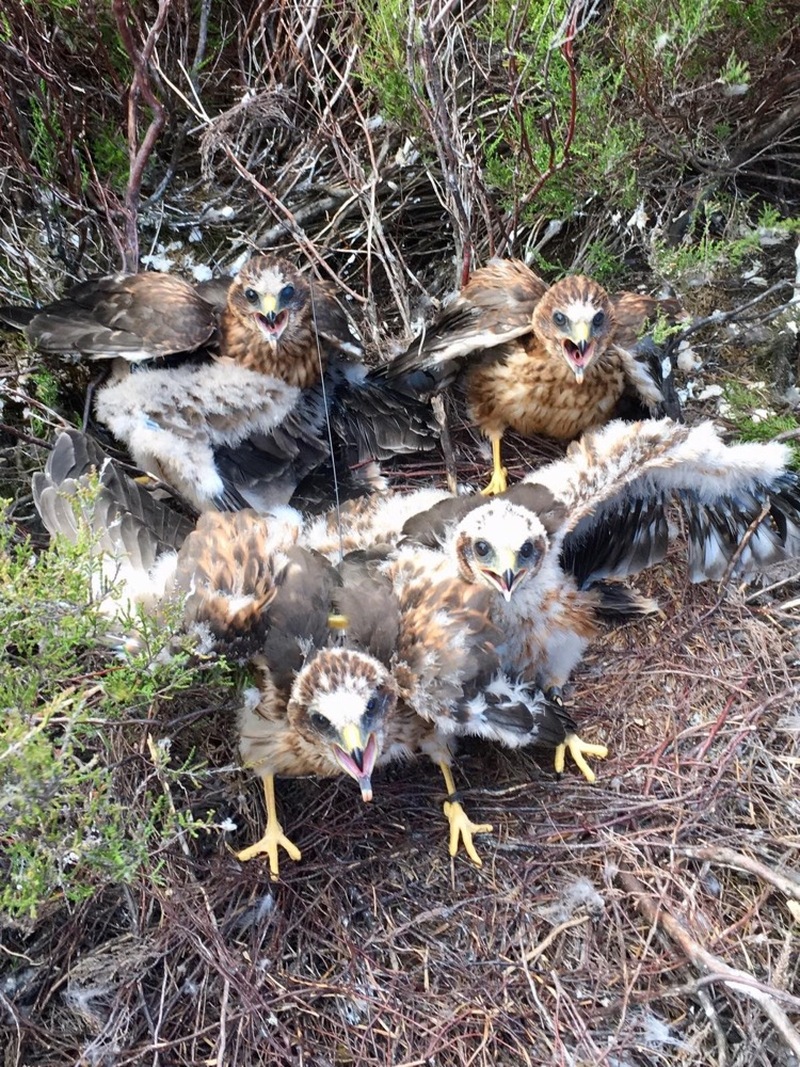WILDLIFE experts fear a poor breeding season for ground-nesting moorland birds of prey in Barnsley’s most rural beauty spots will undo years of positive work which had reversed a decline in numbers.
The Moorland Association reported a poor breeding season for hen harriers as wet weather took its toll.
The higher and wetter areas around Dunford Bridge are said to be the worst-affected, with the number of hen harrier nests on grouse moors expected to be down by as much as two-thirds compared with last year.
Other areas - such as the Yorkshire Dales - fared much better.
Hen harrier numbers had reached their highest point for 200 years in 2023 due to joint working over the past seven years between partners including the Moorland Association, Natural England, the Game and Wildlife Conservation Trust, the Hawk and Owl Trust and the National Gamekeepers’ Organisation, which all signed up to support DEFRA’s hen harrier action plan in 2016.
Andrew Gilruth, chief executive of the Moorland Association, said: “Despite all the hard work of our members, reports of nests are much lower this season and some hen harriers are not engaging in typical nesting behaviour.
“The exceptionally wet winter appears to have put added pressure on harriers, requiring them to hunt further away from their nests looking for scarce prey when they need to be sitting on their eggs.”
Both male and female hen harriers will provide food for their chicks but nesting success requires the female to be in good health in order to lay a clutch of eggs.
This year is also thought to be a poor year for moorland vole numbers - one of the hen harriers’ favoured foods.
Other local factors which may have affected the ground nesting hen harrier include disturbance by walkers or their dogs running off leads.
Some places are also seeing predation by other birds of prey - a factor that is expected to increase with the boom in Dunford Bridge’s raptor numbers over the last few years.
It’s also believed persecution due to shooting leases - granted on land such as Range Moor - have led to a ‘wildlife crisis’ locally.
It’s been alleged birds of prey have been eradicated by gamekeepers due to their predatory instincts, which leads to a reduction in grouse stock and less attractive sport.
Incidents of shooting, poisoning, trapping, nest destruction or the disappearance of satellite-tracked birds have featured in recent RSPB reports.
RSPB spokesman Mark Thomas said: “Once again protected birds of prey are being relentlessly persecuted, particularly in areas dominated by driven grouse shooting.
“The illegal killing of birds of prey is just one of the symptoms of a wholly unsustainable industry.
“At a time when the world - and the UK in particular - is seeing catastrophic declines in wildlife populations, the destruction of rare wildlife looks like the opposite of progress.”




























